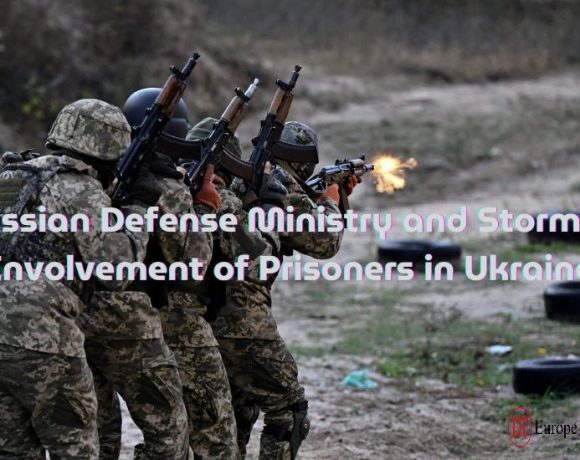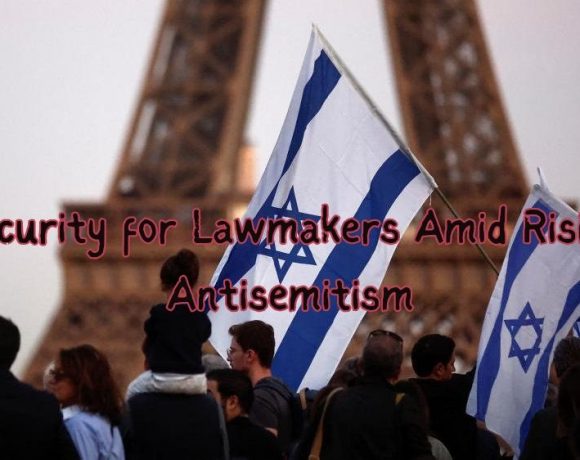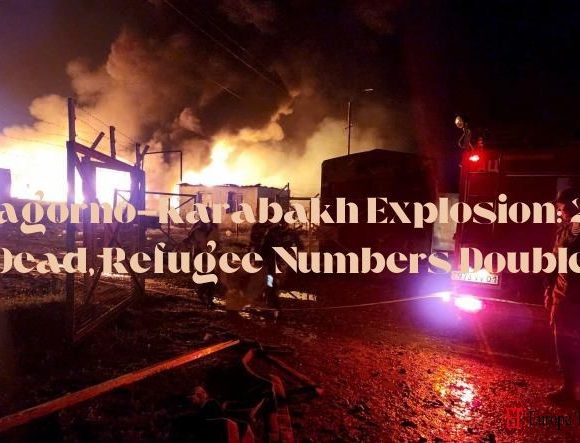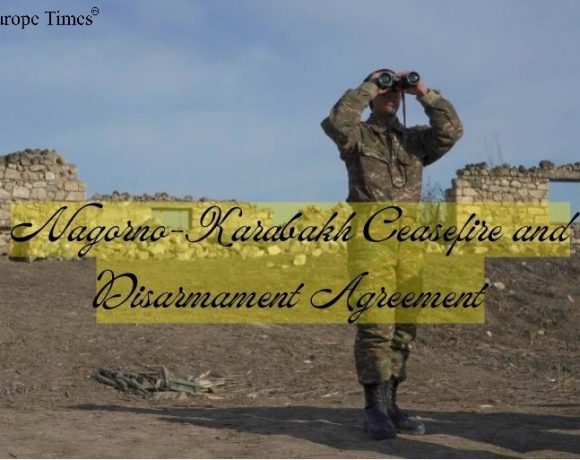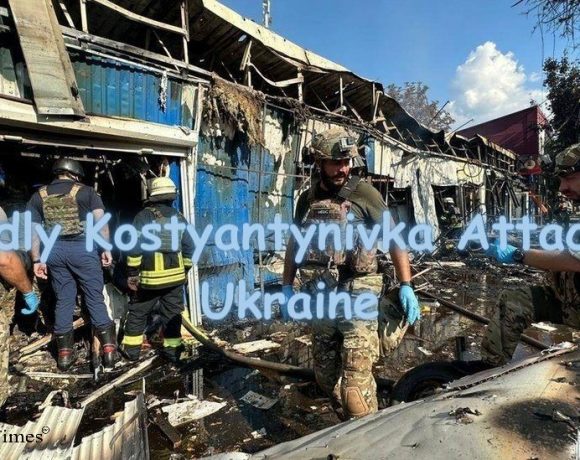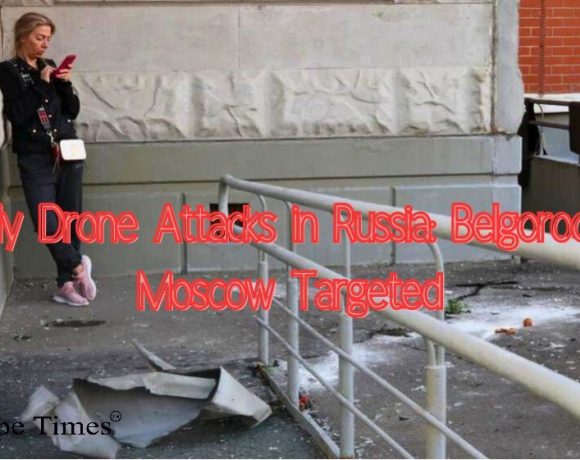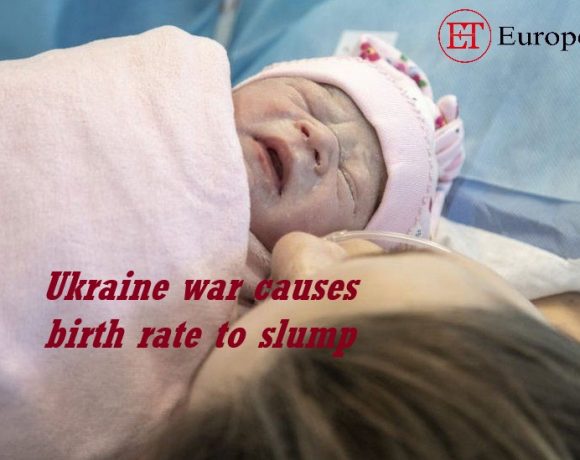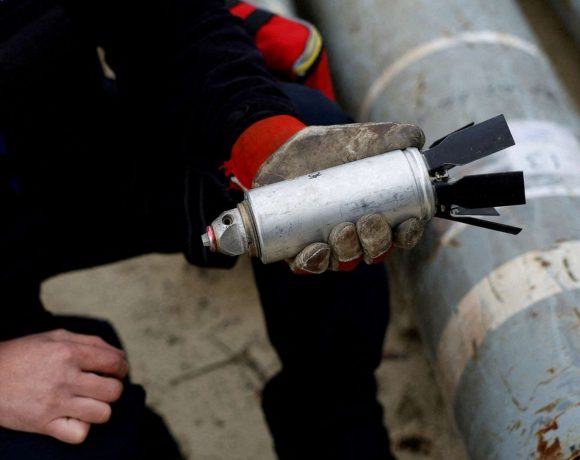
The soothing sound of cowbells has long been synonymous with the picturesque landscapes of Switzerland, evoking images of serene pastures and majestic snow-capped peaks. However, the incessant clanging of these bells, hanging around the necks of 20 or 30 cows, has become a source of contention in various Swiss communities. Aarwangen, a quaint village nestled along the river Aare with the Bernese Alps providing a breathtaking backdrop, finds itself at the heart of this debate.
With an increasing number of modern residences sprouting up in the village’s vicinity, the traditional farmhouses and their accompanying dairy cows have become a source of disturbance for some new residents. Several families even lodged formal complaints with the village council, demanding the removal of the noisy cowbells during the night. This sparked an intense backlash from longstanding villagers and farmers, who perceived the move as an assault on their cherished heritage.
In a typical display of Swiss solidarity, a petition swiftly materialized, rallying support for the preservation of the cowbells as an integral part of the country’s cultural identity. However, this dispute reflects a broader tension between preserving tradition and adapting to contemporary lifestyles, a predicament exacerbated by the influx of immigrants and differing cultural perspectives. The upcoming public meeting in Aarwangen will determine the fate of the longstanding tradition, while the withdrawal of one complaint and the departure of the other underline the emotional intensity of the cowbell debate.
Picture Courtesy: Google/images are subject to copyright


